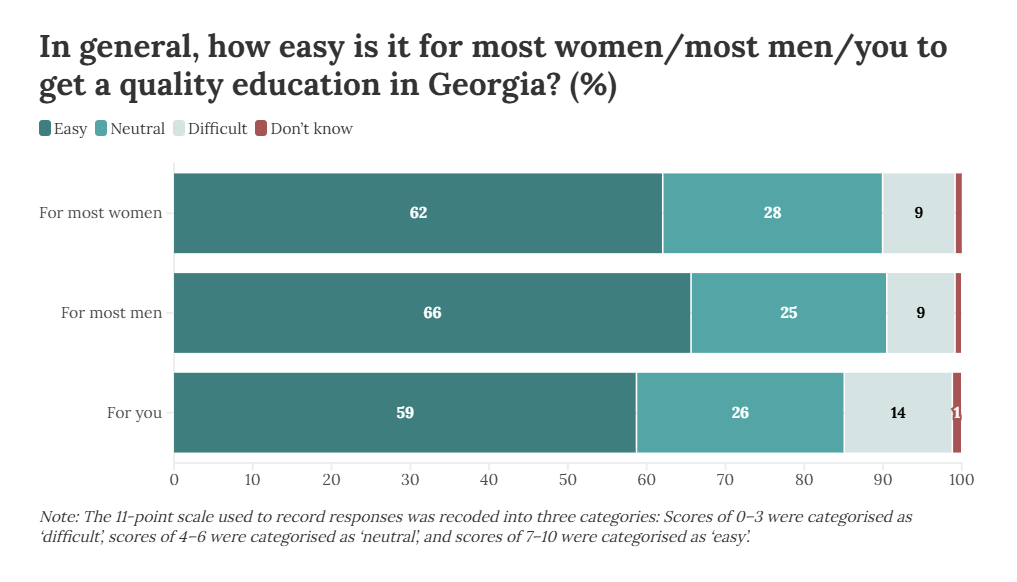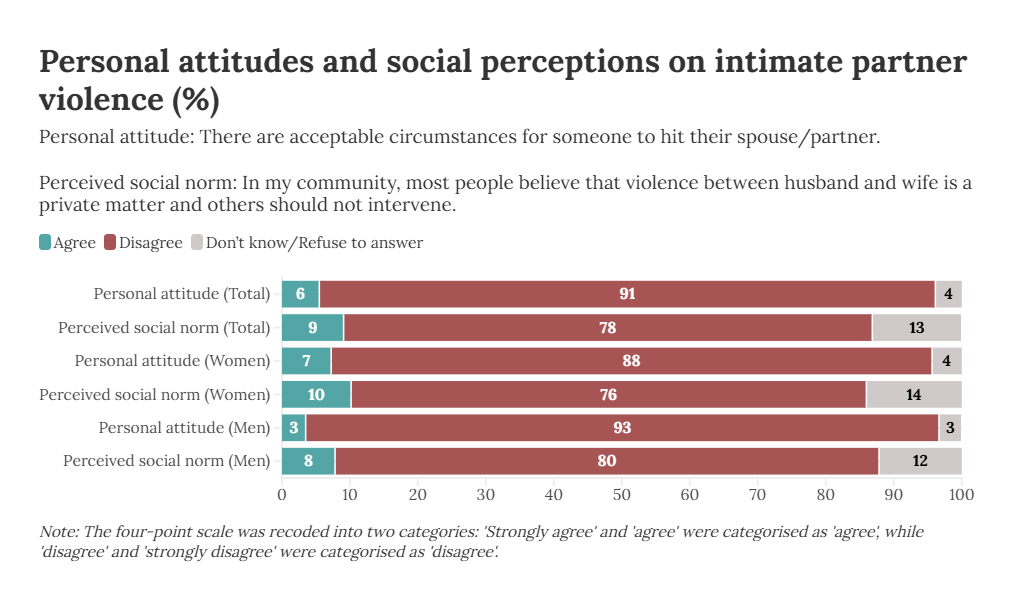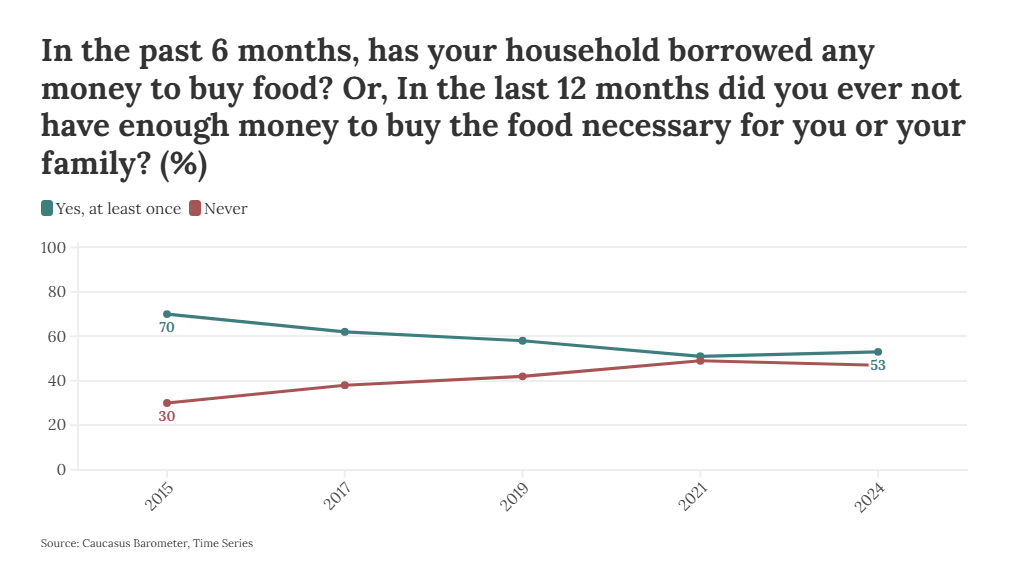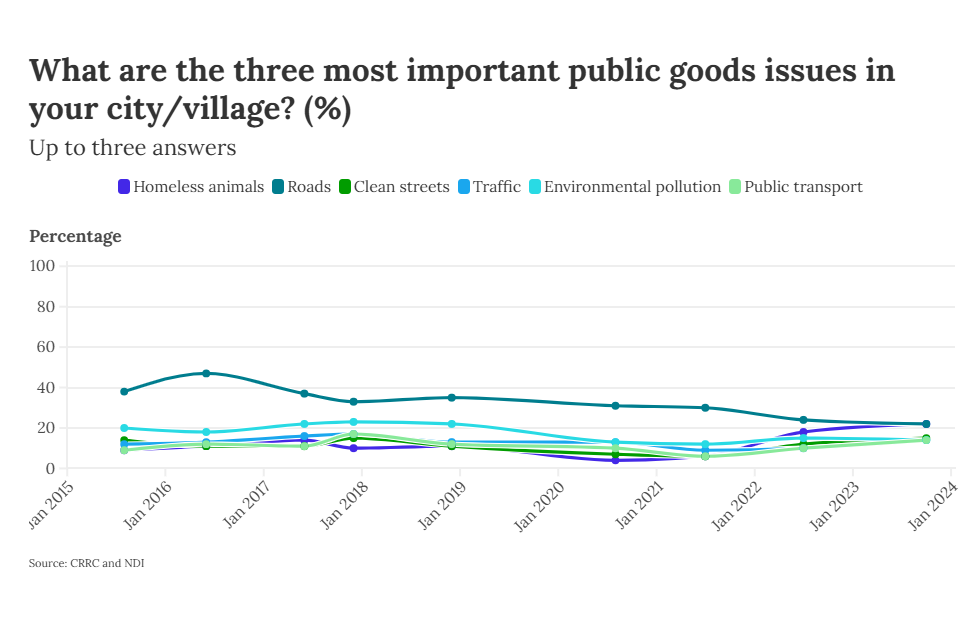On Wednesday, March 21, at 18:30, CRRC, ARISC and American Councils are pleased to present the 4th talk of the Spring 2018 Works-in-Progress series!
“Post-Hoc Blocking for Quasi-Experimental Impact Evaluation: An example from the Impact Evaluation of the Agricultural Support Program in Georgia” by Dustin Gilbreath, Deputy Research Director of CRRC-Georgia.
Randomized control trials are considered the gold standard in impact evaluation, as random assignment of interventions generally enables clean inferences about whether a program intervention worked or not. However, many program implementers are hesitant to randomize their interventions or only think about rigorously evaluating their program at the close of project. This means that a randomized control trial approach is not possible. While a number of silver standard, quasi-experimental methods like matching are in use for such cases, few evaluators use a rigorous sampling process to identify a control group at the community level for comparison of outcomes. Rather a random sample of individuals is taken and then a quasi-experimental analysis method applied. In his talk, Dustin Gilbreath will propose a post-hoc, quasi-experimental blocking process using the genetic matching algorithm as a tool that aims to recreate the conditions of random assignment for community level interventions. He will argue that this method should better approximate the conditions of a randomized control trial than using matching at the individual level alone.
Dustin Gilbreath is the Deputy Research Director at CRRC-Georgia. His work focuses on experimental and quasi-experimental research design for impact evaluation and the testing of policy interventions.












